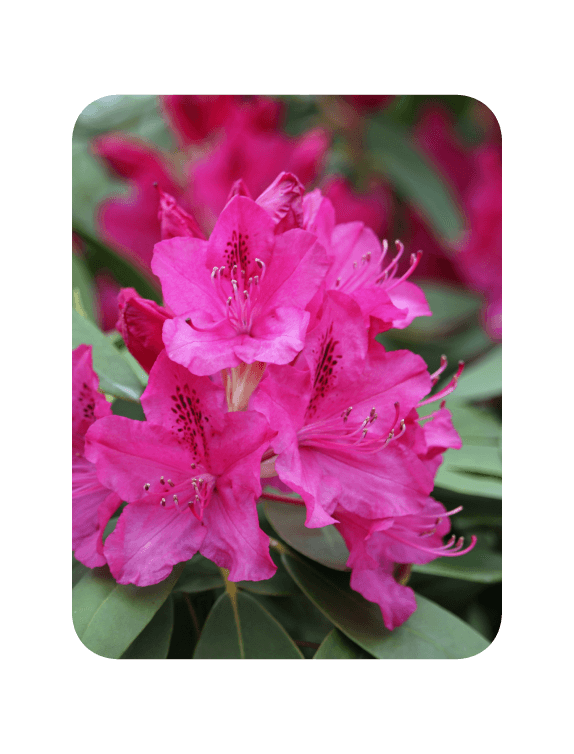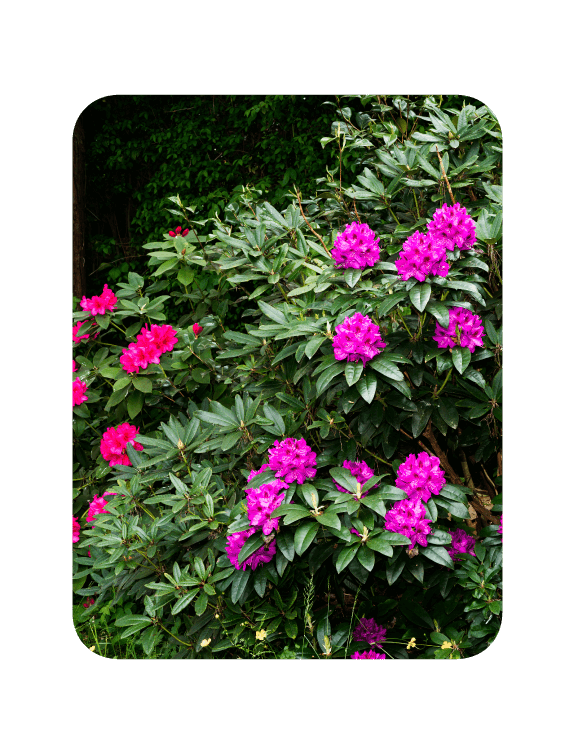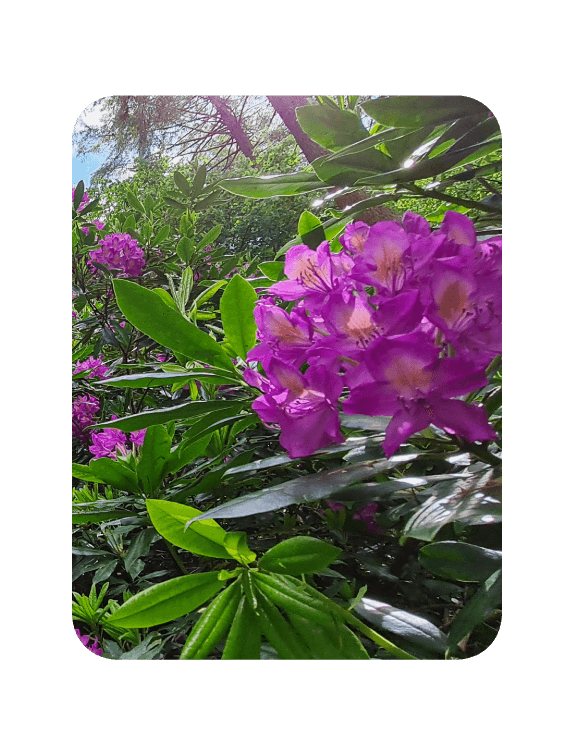Can I make a claim if rhododendron ponticum encroaches upon my property?
If you have noticed rhododendron ponticum on your land, the origin of which is coming from a neighbour’s land, you may be able to recover compensation for any loss in value of your own land that is sustained. You may also be able to obtain a Court Order which specifies that your neighbour must put an appropriate treatment order in place.
Depending on the extent of the problem, the costs of this could run into thousands of pounds. The steps to remedy the issue may need to take place on your property or on neighbouring land.
If your land and agriculture has been damaged by the rhododendron ponticum, you may be able to recover the costs of the repair work to the land. If your agricultural land is affected by harmful weeds from a neighbouring plot – Natural England may be able to help if your land is used for:
- Keeping or grazing horses and other livestock
- Farmland used to produce conserved forage (e.g., silage and hay)
- Agriculture
In severe cases, your land or industry may have lost value due to the presence of rhododendron ponticum. This is called diminution. Subject to appropriate evidence being obtained from a specialist, you may be entitled to recover the cost of this diminution.










